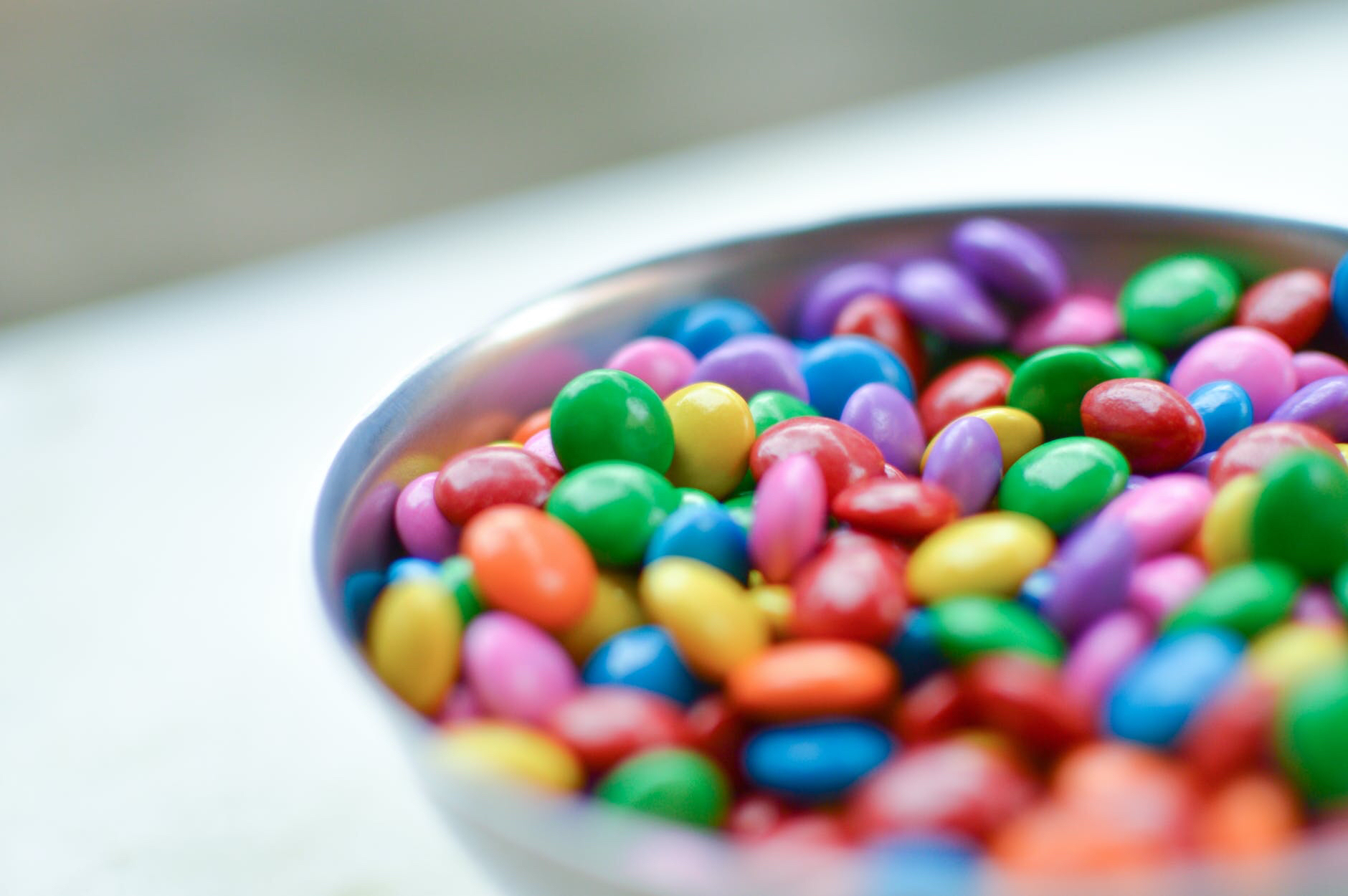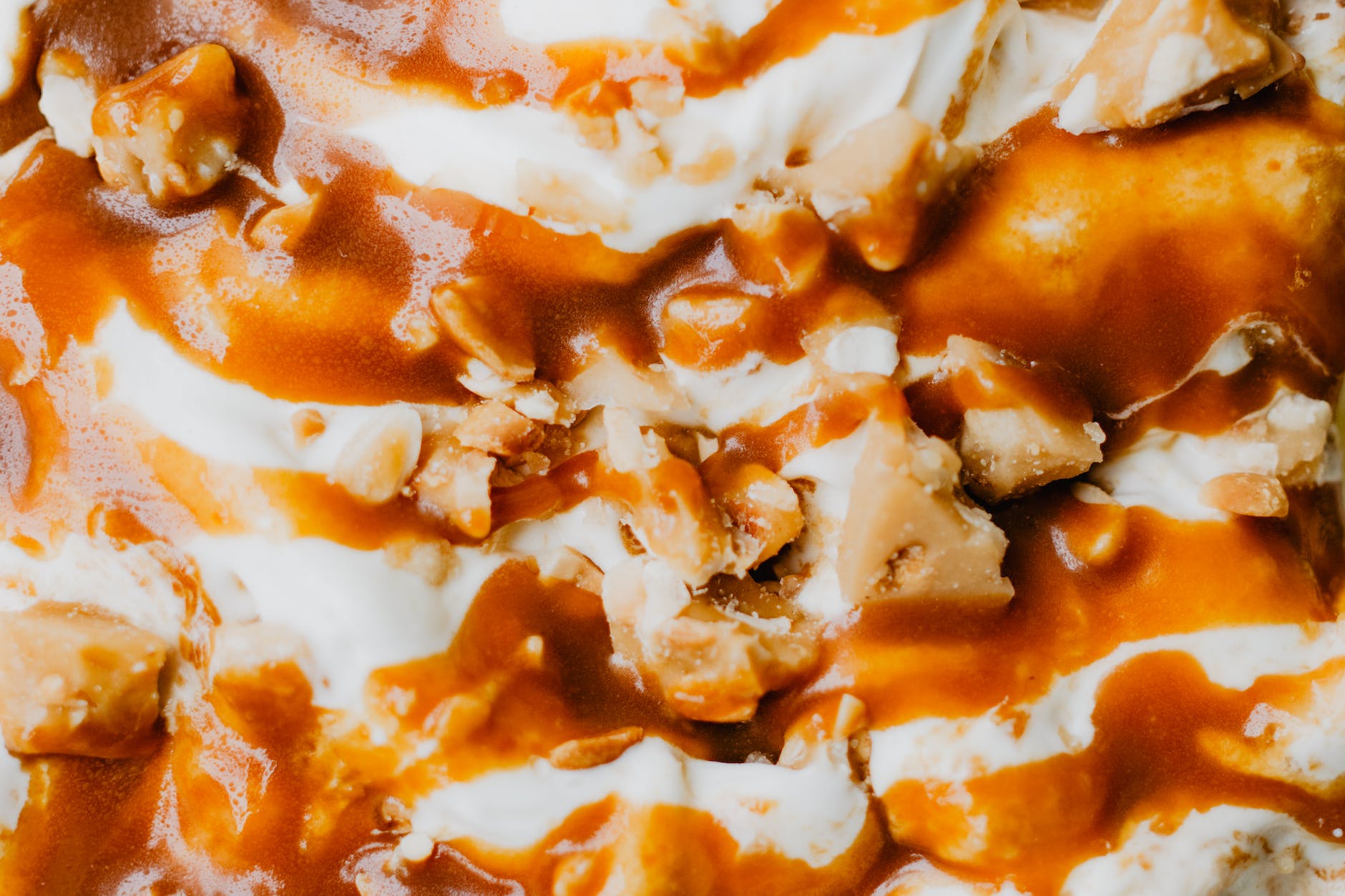Tag: intuitive eating
-
It’s been 2 days since I bought a tub of ice-cream and I haven’t eaten it
I should explain. Ice-cream is my ultimate binge food. Not in the way that movies portray it, that cliche where the skinny actress turns to it after a breakup. No, for me it was much more than that. It was capable of consuming my every waking thought. On a bad day, I would plan my…
-

Am I addicted to sugar?
This week, Richard Osman opened up about what he referred to as food addiction, and it got me thinking: am I a sugar addict? There have been times is my life when I’ve wondered if I’m addicted to sugar. Pretty much every binge I’ve ever had contained at least a sweet component, anything from cereal…
-

Ice-cream: The Final Frontier
I’ve been practising intuitive eating for a good two or three years now. I’ve discovered I’m not particularly a biscuit person, I’m not addicted to chocolate, stale crisps are not nice, mature cheeses are too strong, and I feel better in myself when I add in gentle nutrition. So why was I still struggling with…